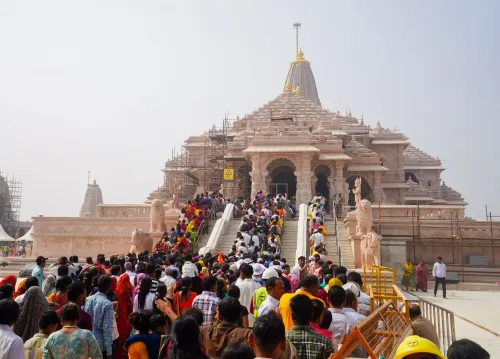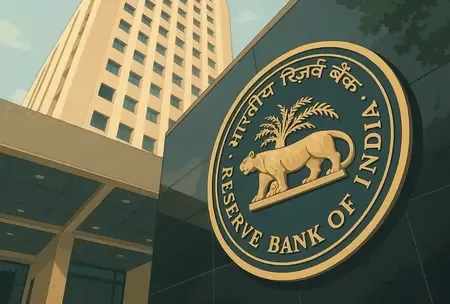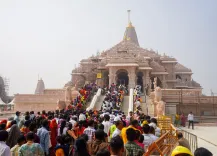How Are Delhi Labour Minister Kapil Mishra's Views on the New Labour Codes Transforming Workers' Rights?

Synopsis
Key Takeaways
- New Labour Codes aim to enhance worker rights.
- They provide clearer wage definitions.
- Compliance for industries is simplified.
- Focus on gig and platform workers' rights.
- Promotes economic growth and productivity.
New Delhi, Nov 23 (NationPress) Delhi Labour Minister Kapil Mishra expressed his enthusiastic support for the introduction of the four new Labour Codes, describing it as a monumental achievement that guarantees workers their rights effortlessly.
In an article discussing the Labour Codes, Mishra remarked, “This marks the end of the antiquated system, replaced by a contemporary, unified framework that prioritizes both workers and industry, fostering ambition, mobility, and dignity. As our Prime Minister often states, ‘Naye Bharat ka shramik majboor nahi, majboot hai’ (The labourer of New Bharat is strong, not helpless).”
The Delhi Minister further asserted, “These new Labour Codes represent more than just administrative changes; they signify a transformation in our national ethos. For workers, they promise rights without obstacles. For industries, they ensure compliance without undue stress. For India, they herald productivity, formality, and growth that align with the standards of nations we aspire to compete with, rather than trails we wish to follow.”
He emphasized, “This is not merely an economic reform; it is a civilizational milestone towards a New India where every worker stands tall, every industry accelerates, and every dream is given a fair opportunity.”
Praising the Central government’s initiative to abolish outdated laws, Mishra noted, “On November 21, India made a significant leap forward, a change that has been overdue for over seventy years. With the launch of the four new Labour Codes, PM Modi’s Government has effectively eliminated the convoluted mix of 29 obsolete colonial-era laws conceived between the 1930s and 1950s.”
He remarked that those laws belonged to a different era, not to the world’s fastest-growing major economy that is striving to become Viksit Bharat by 2047.
For the first time, India’s labour framework communicates in a singular language. Wages now possess a unified national definition, putting an end to decades of ambiguity that allowed arbitrary payments and exploitation to persist, he explained.
This transformation is a historic reform initiated under the Code on Wages, 2019, which integrated four previous wage-related laws and established a clear, consistent wage structure across the nation.
The Industrial Relations Code, 2020 actualizes grievance redressal; the Social Security Code, 2020 incorporates gig and platform workers (like delivery partners, cab drivers, app-based freelancers) into the formal safety net, and the new Occupational Safety, Health and Working Conditions Code, 2020 guarantees that migrant workers receive formal protections while enabling women to work in all sectors, including night shifts, Mishra concluded.









